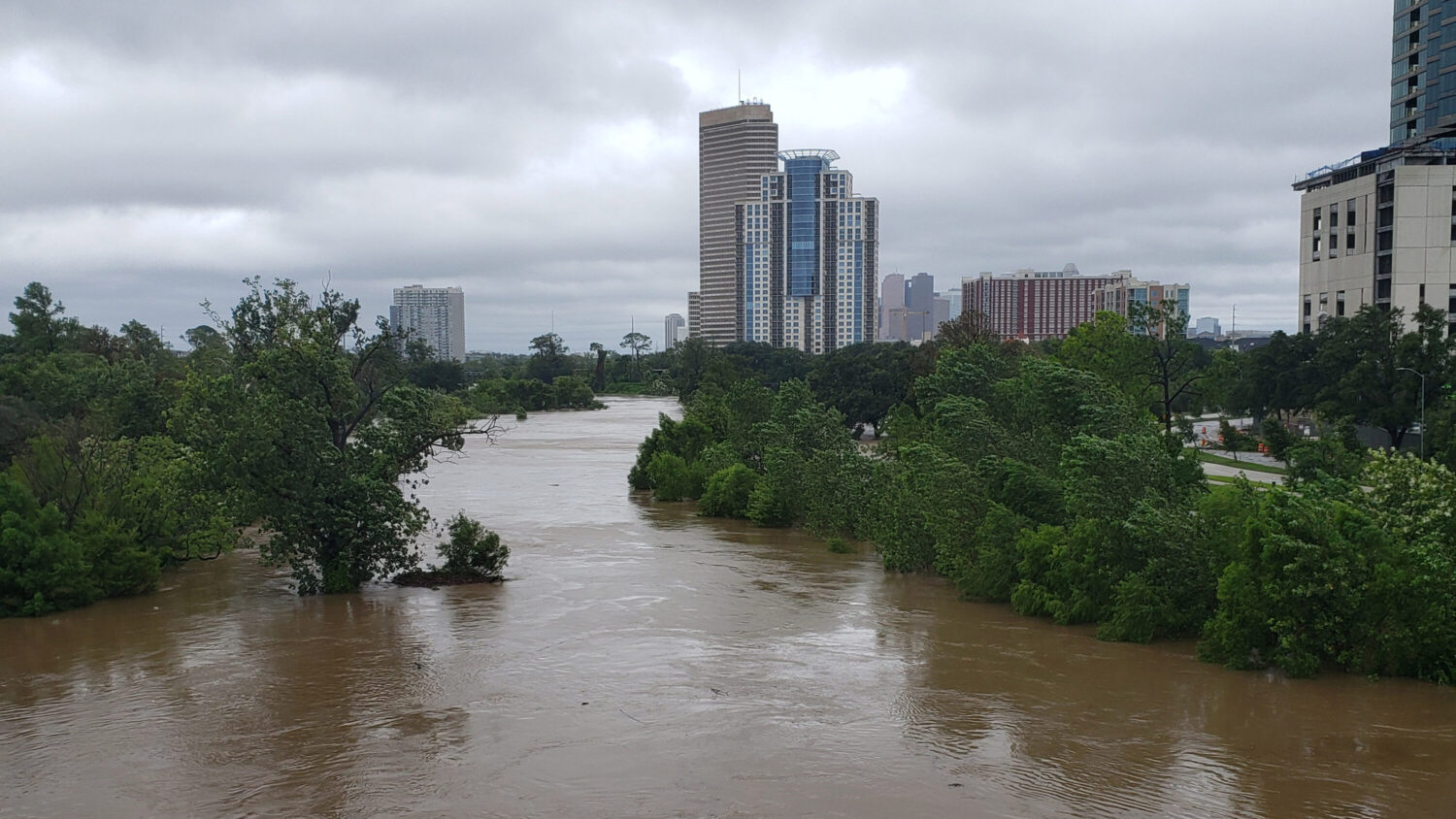One Year After Hurricane Beryl
A Look Back at the Damage and Response
About 68% of recently surveyed Houstonians said they felt prepared for Hurricane Beryl, which made landfall in Southeast Texas one year ago. However, about two-thirds of those residents said they believed local and state officials were unprepared for the category 1 storm that passed almost directly over the city. The storm caused more than 40 local deaths and led to widespread, prolonged power outages.
The Impact of Hurricane Beryl
Flooding and Power Outages
The anniversary of Beryl comes as the state grapples with historic and deadly flooding in the Texas Hill Country. More than 100 have been confirmed dead, and several of those reported dead or missing are from the Houston area. After Beryl battered the Houston region with 80-mile-per-hour winds, millions of residents lost power for several days, drawing intense scrutiny of utility company CenterPoint Energy.
Preparing for the Future
Lessons Learned from Hurricane Beryl
In response to a request for comment about its adjustments after Beryl, CenterPoint said it had launched the Greater Houston Resiliency Initiative after the hurricane, leading to a 50% reduction in power outages each month compared to last year. Jim Blackburn, the co-director of Rice University’s Severe Storm Prediction, Education and Evacuation from Disasters Center, said it’s essential for the region to look at all the possible effects of natural disasters, noting that the region tends to focus on individual elements, like wind or water damage from the most recent storm.
The Role of Climate Change
Understanding the Risks
Blackburn said Texans need to have honest conversations about climate change and be realistic about the dangers of building and living in floodplains. "I think, frankly, the insurance companies probably know more about this risk than anyone," he said. "And all over the country, insurance policies are being canceled because these risks are really significant from a financial standpoint, and that’s what those companies understand."
Improving Emergency Communications
A Key to Saving Lives
The Houston region has significantly improved its emergency communications over the last 20 years. However, Blackburn said he worries about how a rapidly intensifying hurricane could catch residents off guard. "The storms that I worry about are coming," he said. "It’s just a question of when."
Conclusion
Moving Forward After Hurricane Beryl
As the Houston region marks the one-year anniversary of Hurricane Beryl, it’s clear that there is still much work to be done to prepare for the next big storm. By learning from the past and taking proactive steps to mitigate the effects of climate change, residents and officials can work together to build a more resilient community. By advocating for greater emergency preparedness and supporting initiatives like the Greater Houston Resiliency Initiative, Houstonians can help ensure that their city is better equipped to handle the challenges of the future.




